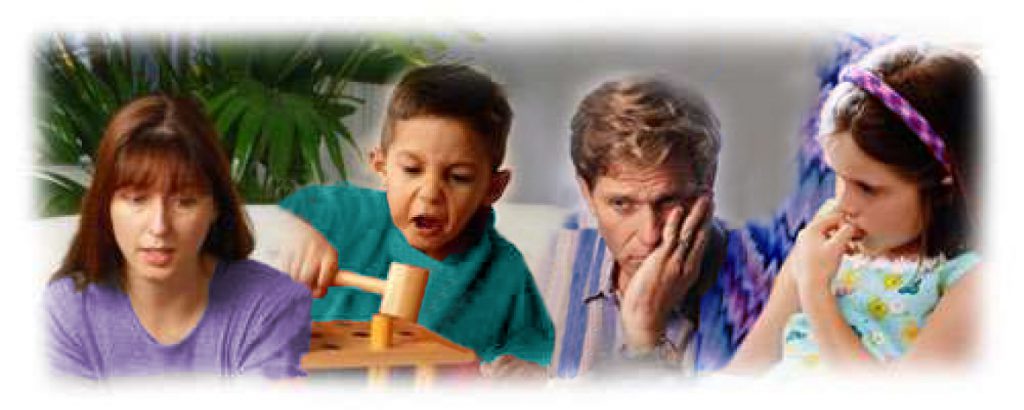
Being Gifted Can Be Stressful
Being gifted can be stressful. If they are pressed to conform, gifted people may hide their abilities and underachieve. Or they may rebel and become antisocial loners. Whichever path they choose, they may pay a heavy emotional and social price for being different.
People who are intellectually gifted and/or have special abilities in the creative and performing arts often feel different. Their uncommon perceptions, interests, and ideas may set them apart and make them feel at odds with their families, friends, teachers, co-workers, and society in general. If they hide their abilities in order to fit in and feel accepted, they may go through life unrecognized and may even feel handicapped by their gifts.
One national survey estimated that nearly 20 percent of gifted students drop out of high school. This often perpetuates their rebellion and underachievement into adulthood and results in a tremendous waste of human potential.
People with special abilities may need developmental counseling and psychotherapy to deal with conflicts stemming from differences between their own needs and wishes and other people’s expectations. They need to understand the impact their uncommon perceptions, interests, ideas and behavior can have on other people and learn to cope with negative social responses to their intellectual and creative differences.
Back to menu
Why Gifted People May Need Counseling & Psychotherapy
Gifted children and adolescents may need counseling because of behavioral or interpersonal problems they experience or because they are achieving at levels that are significantly below their intellectual potential. The resolution of normal developmental identity issues can also be complicated by giftedness and multipotentiality.
Gifted adults may seek psychotherapy for help in dealing with difficulties related to important life transitions and for assistance in resolving conflicts related to their special needs and potentials. They seek a more cohesive and satisfying sense of self, a more meaningful sense of direction and purpose, and a feeling of belonging in relation to others.
Social and emotional issues common among people who are gifted include feelings of difference, oversensitivity, intellectualization, loneliness and social isolation, lack of trust in authority figures, perfectionism and procrastination, impatience and intolerance of other people’s limitations, depression, multipotentiality, competitiveness, problems related to sex-role stereotypes, and underachievement.
Gifted people of all ages need therapeutic relationships where their special needs will be recognized; their uncommon perceptions, ideas and experiences will be understood and validated; and their extraordinary abilities will be viewed as valuable assets for their growth and development.
Survey Data Pertaining to Psychotherapy
With People Who Are Gifted
In 1980, Dr. Suzanne Schneider conducted a survey of the life experiences and psychotherapeutic needs of 254 intellectually gifted adults and adolescents, supplemented by data derived from a small pilot study of 18 psychotherapists. The results of the survey suggest that many members of the gifted minority experience painful problems, including feelings of difference, interpersonal difficulties, lack of trust in authority figures, and feelings of social isolation during adulthood as well as during childhood and adolescence. The survey results also suggest that gifted women experience difficulties as a result of their deviance from traditional sex-role norms and expectations.
The survey data concerning psychotherapy are consistent with other research results demonstrating that positive therapeutic outcomes tend to be associated with therapist variables including empathy,
genuineness, and positive regard for patients, as well as non-possessive warmth, and therapists’ intensity and intimacy in therapeutic relationships with patients of all levels of intelligence. At the same time, the survey results suggest that psychotherapists must be highly intelligent and self-accepting enough not to experience feelings of threat, intimidation, awe, envy, competitiveness, and inadequacy when working with gifted patients and clients. Further analysis of the survey results suggests that therapists need to be aware of the differing perceptions, experiences, problems, and needs of gifted people in order to be optimally effective in working with them.
For further information about the life experiences and psychotherapeutic needs of gifted adolescents and adults, please refer to Giftedness in Socio-Historical Perspective in the Publications section of this website.